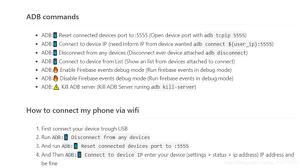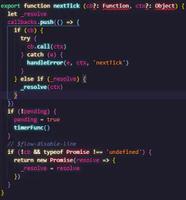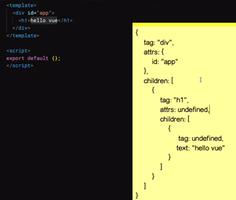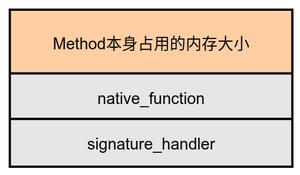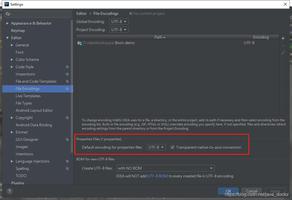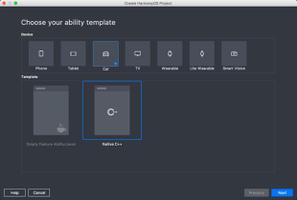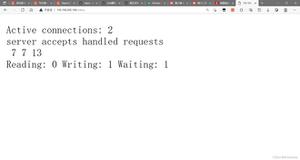通过 props 来设置其 value 值的组件便是一种 controlled 组件。典型的 form 表单中,像 - 输入框
<input> - 下拉框
<select> - 多选框
<input type="checkbox"> - 单选框
<input type="radio"> - 文本框
<textarea>
这些,都可通过 props 来设置初始值,同时通过监听其身上的 onChanges 事件来将最新的值回传到 React 中。这样,组件的值便始终与 React 中的状态是同步的。 class NameForm extends React.Component { constructor(props) { super(props); this.handleSubmit = this.handleSubmit.bind(this); this.input = React.createRef(); } handleSubmit(event) {
alert('A name was submitted: ' + this.input.current.value);
event.preventDefault();
} render() {
return (
<form onSubmit={this.handleSubmit}>
<label>
Name:
<input type="text" ref={this.input} />
</label>
<input type="submit" value="Submit" />
</form>
);
}
} 如上, controlled 类型的组件需要在组件中有对应的 state 来保存相应的值。同时需要为组件编写值更新后的监听逻辑。 对应的 uncontrolled 类型,便方便得多,它其实就是普通的 HTML 标签。 对于 uncontrolled 类型的组件,通过 ref 来获取它身上的 value 值。 class Form extends Component { handleSubmitClick = () => { const name = this._name.value; // do something with `name` } render() {
return (
<div>
<input type="text" ref={input => this._name = input} />
<button onClick={this.handleSubmitClick}>Sign up</button>
</div>
);
}
} 可以看出,uncontorlled 类型的组件,其值是存储在 DOM 节点上的,在需要的时候,比如表单提交时,再通过 ref 获取到相应的 DOM 节点取出它的值。 对比之下,controlled 类型的组件是时实地将最新的值推送(push)到 React 中,而 uncontrolled 类型的组件是在需要的时候去拉取(pull)它身上的值。 对比与取舍虽然 ref 在官方文档中是不推荐的,也不代表说 uncontrolled 类型的组件就不能使用;虽然 controlled 类型的组件这种,数据走 state 更新和维护的方式,更加 React 一点,也不是说在编写表单时就需要全部使用 controlled 类型的组件。两者在不同情况下可以自由取舍,完全看需要。 controlled 类型的组件虽然写起来会比较麻烦,其值与 React state 始终同步,所以有一些优点,
- 很方便地对用户输入的值进行校验,然后展示相应的错误信息。
- 可以时实地格式化用的输入,对于特定类型的值比如信用卡,手机等。
- 根据用户的填写情况时实将表单的提交按钮禁用或启用。
所以如果需要上述这些东西,可以考虑 controlled 类型来编写组件,而 uncontrolled 类型代码上写起来很简洁点,少了 state 及事件绑定,可用在功能简单,或者 React 快速上手,快速实现功能的场景。 相关资源- Forms
- Uncontrolled Components
- Controlled and uncontrolled form inputs in React don't have to be complicated
| 

